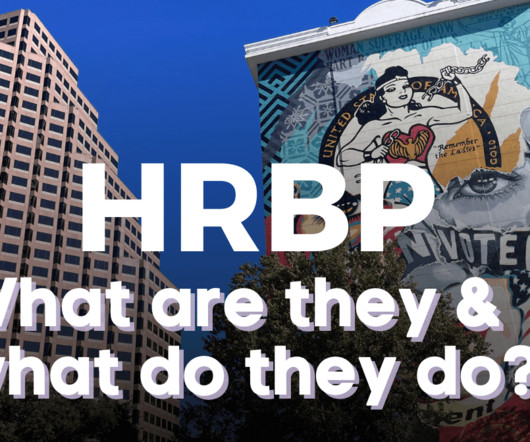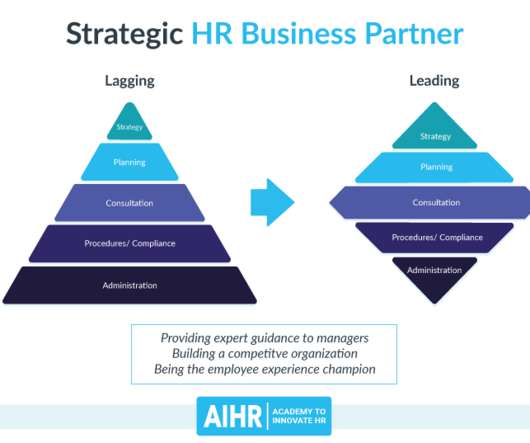Are we ready for CHRO readiness?
HRExecutive
JULY 20, 2023
Why is it that more than half of companies remain unable (or perhaps unwilling) to develop CHRO-ready successors? Should we be proud of infusing non-HR talent into CHRO roles, or troubled by it? Further, it is common—and many would say likely—that a change in CEO will yield a change in CHRO.




















Let's personalize your content